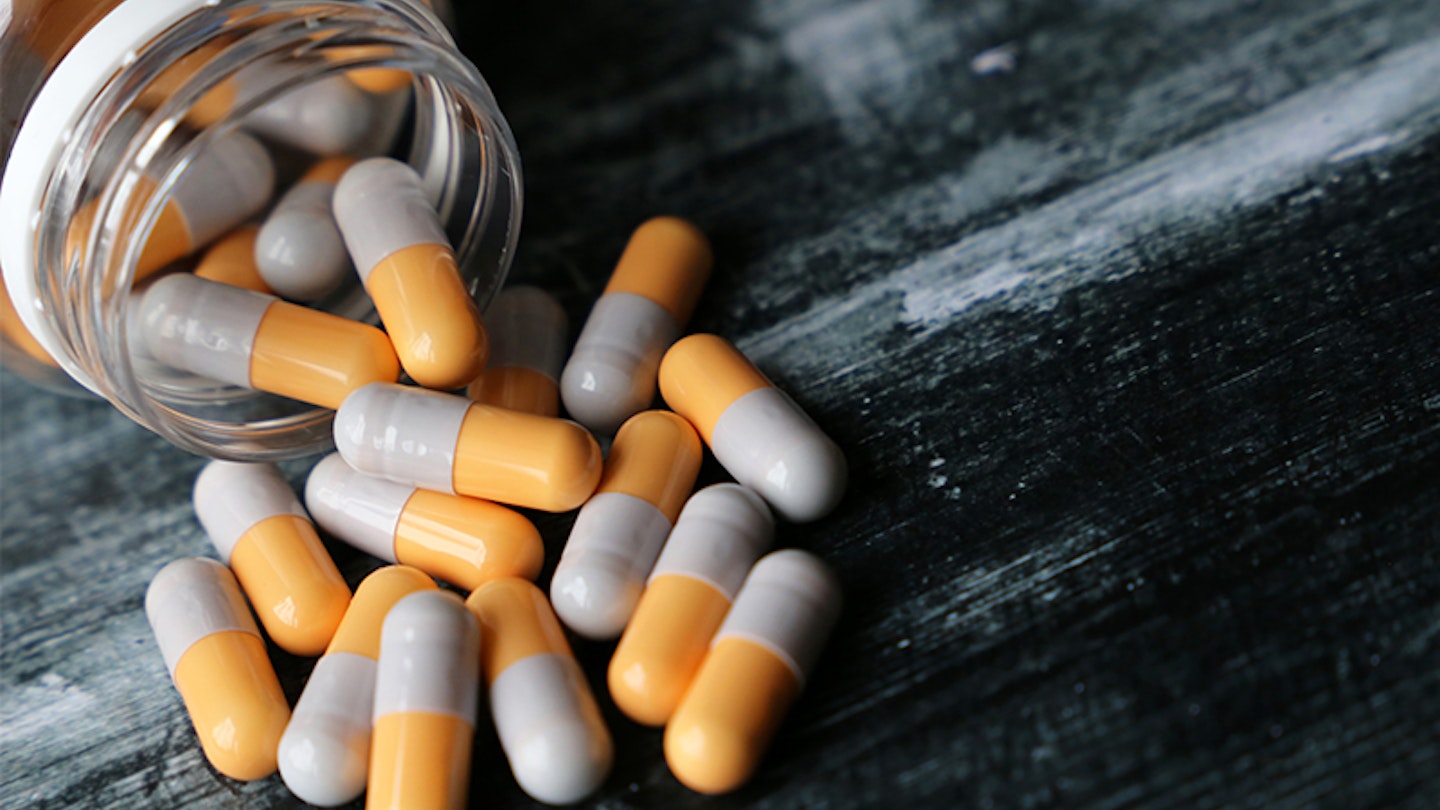The words pregnancy and antidepressants used in the same sentence can raise a few eyebrows as it’s commonly believed that the two simply just don’t mix, but is this actually the case? With so many people turning to antidepressants to help them with their mental health, this is an important issue that a lot of women are worried about. As an expectant or aspiring mother with depression and/or anxiety, it’s understandable that you may have some concerns.
-
I’m worried that antidepressants may affect the foetus.
-
If I come off antidepressants, I don’t think I’ll be a good mother.
-
What if I pass my depression on to my unborn child?
If these thoughts have crossed your mind, rest assured that you are not alone. A recent study showed that a quarter of pregnant women suffer from mental health issues. What should you do, then, if you are on antidepressants but want to have a baby? Should you come off them before trying to conceive, and how? What should you do if you are on antidepressants and find out you are pregnant? Should you quit cold turkey or continue taking them? Which antidepressants are compatible with pregnancy? What about antidepressants and breastfeeding?
First of all, take a deep breath – it may not be as bad as you think. Secondly, scroll down to find out all you need to know about antidepressants and anti-anxiety medication during pregnancy and breastfeeding.
The Truth About Pregnancy and Antidepressants

It is commonly believed that any and all medication during pregnancy could be harmful to the foetus and therefore, pregnant women are often advised to avoid it. However,this issue is not so black and white. Certain medical conditions, if left untreated, can end up causing more harm than the actual medication to treat it. “Untreated depression may increase preterm birth or cause low birth weight,” saysDr.Lauren Osborne, M.D., assistant director of the Johns Hopkins Women’s Mood Disorders Center. “Babies of depressed mums have higher levels of a hormone called cortisol. This raises a baby’s risk of developing depression, anxiety and behavioural disorders later in life.”
If you suffer from depression or anxiety and want to get – or are – pregnant, there is no perfect one-size-fits-all solution, and no proven right or wrong. Althoughresearch is constantly being conducted on this matter, some of the outcomes are conflicting and have yet to prove conclusive. On the one hand we are warned about some of the dangers of antidepressants during pregnancy, and on the other hand, we are cautioned about the great effects of a mother’s mood on her unborn child. What is one to do?
The first thing is to do your research and get well-informedso that you can do what is best for you, with, of course, the guidance of your doctor(s). In the meantime, here are some common myths about antidepressants and pregnancy, debunked: -
Myth 1: Antidepressants are not safe during pregnancy
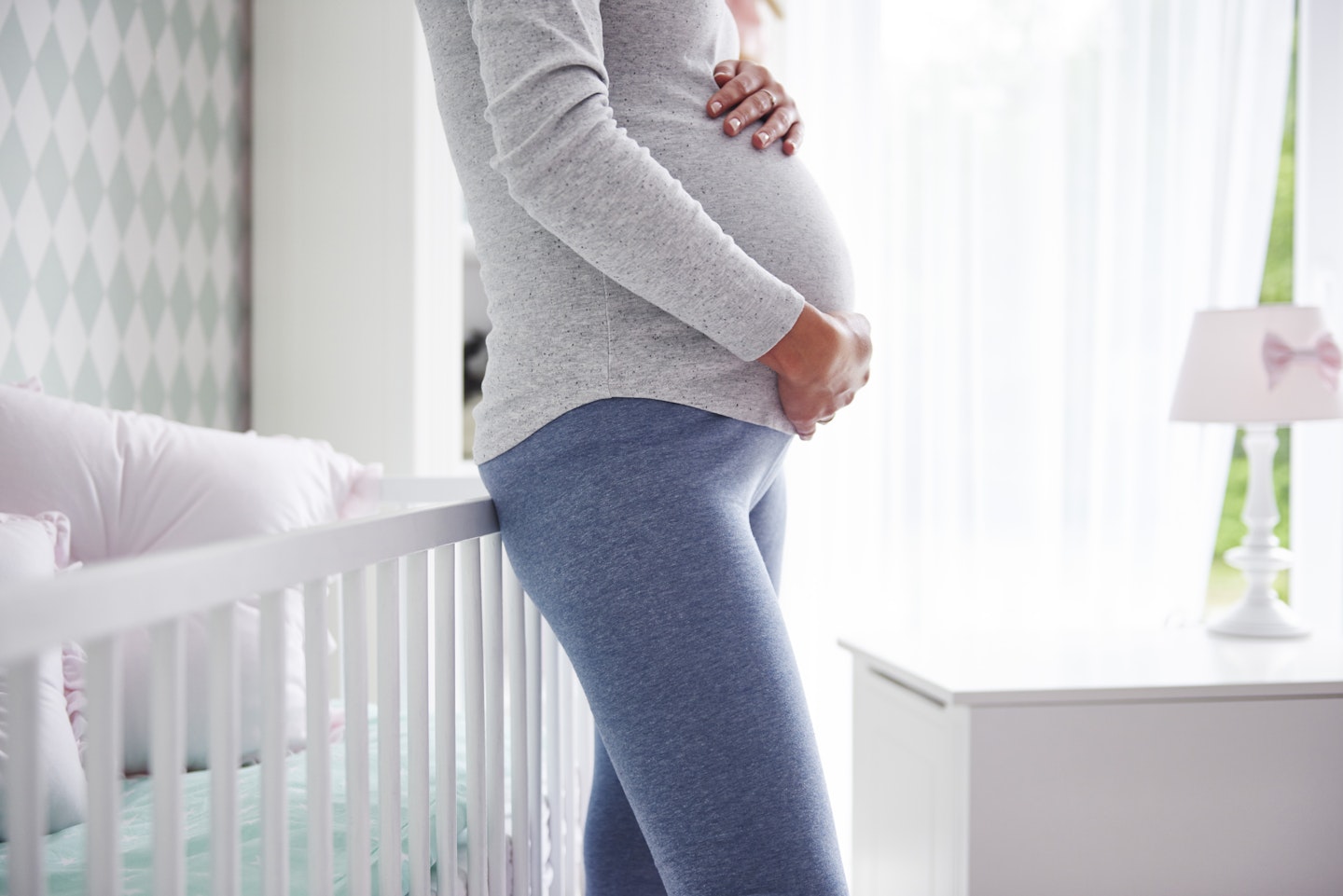
Even though research is constantly being done on the subject, in reality, nowhere near enough has been done, as pregnant women cannot be test subjects for drugs.
As with any medication, there are risks to taking antidepressants during pregnancy but this percentage is still extremely low. For instance, maternal antidepressant usage has in the past been implicated to ADHD, but so has maternal depression. In some cases, severe depression may harm your foetus more than the use of an antidepressant. In addition, studies have shown that terminating the use of antidepressants in pregnancy, in women with a previous history of depression, leads to relapse of symptoms in as much as 60-70% of women. Taking your own personal medical history and mental health into account is imperative in enabling you to make the right decision with the guidance and advice of your doctor.
Myth 2: If you find out you’re pregnant, you should stop taking antidepressants immediately
Quitting antidepressants cold turkey is never a good idea. Abruptly stopping the intake of antidepressants can lead to withdrawal effects with flu-like symptoms, including nausea, dizziness, fatigue, loss of appetite, and a severe worsening of depressive symptoms. If you do decide to go off antidepressants, youshould wean yourself off over time, according to your doctor’s directions.
Myth 3: You can switch to a more suitable antidepressant when you find out you are pregnant
This is fake news. Even if you are on a medication that is not compatible with pregnancy, switching to a different antidepressant has major risks.For one, you don’t know if it will work, and pregnancy is not the time you want to be experimenting. Secondly, you’re exposing your foetus to various medications which increases the risk factors in each one. If you are not yet pregnant and want to switch to a safer option, now would be the time to discuss this with your doctor.
Myth 4: Coming off antidepressants can cause infertility
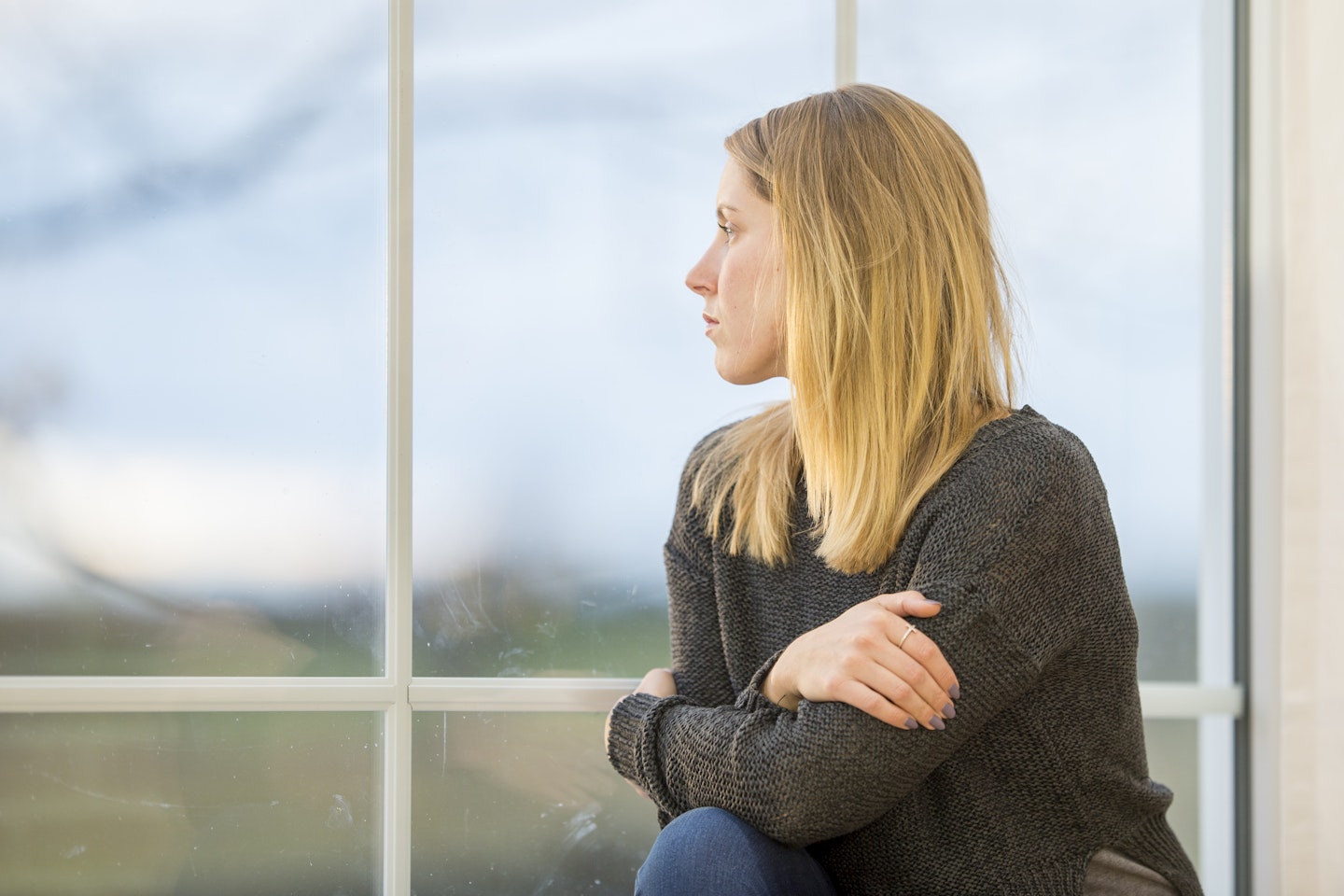
While weaning yourself off antidepressants in itself does not cause infertility, it’s a well-known fact thatdepression and anxiety can make it harder to conceive. So, although this statement is technically incorrect, if you do decide to taper off antidepressants, make sure that you are still taking care of your mental health in other ways and keeping yourself stress-free and relaxed to increase your chances of conceiving.
Now that those myths are busted, let’s deal with some frequently asked questions about antidepressants and pregnancy.
I’m on antidepressants but I want to get pregnant. What should I do?
If you feel that you are in a good place physically and mentally to try for a baby, speak to your healthcare provider about helping you taper off antidepressants or anti-anxiety medication. If they give you the go-ahead to come off, the weaning process could take a few months. Coming off antidepressants might be a little bit uncomfortable at first, but there are a lot of things you can do to help ease the symptomssuch as meditation, mindfulness or cognitive therapy, acupuncture, yoga, and continuing to see a psychologist. Having a great support system around you by way of friends and family is imperative, also. If your doctor advises you against coming off your meds, they can provide you with a medication that is the most compatible with pregnancy, and offer a course of action.
I’m on antidepressants and have just found out I am pregnant? What should I do?

Speak to your medical care advisor to weigh out the pros and cons of either tapering off antidepressants, or continuing your treatment. Severe depression and anxiety can seriously affect you and your pregnancy, so the best course of action might be to continue with your medication. If your doctor says it’s OK and feels you have made progress, they might be inclined to give you guidelines and monitor you in tapering off your meds to continue the rest of your pregnancy drug-free for your own peace of mind. Alternatively, they may suggest slowly reducing the dosage to a more suitable and safer measure.
Which antidepressants are compatible with pregnancy?
Your doctors will be able to tell you which antidepressants are best suited to pregnancy, but a recent studyconcluded that there was no link between birth defects and taking Zoloft (sertraline), and Lexapro (escitalopram). There was, however, a “marginal” link between Celexa (citalopram) and neural tube defects, and a small association between birth defects and taking Paxil (paroxetine) or Prozac (fluoxetine) early in pregnancy, and so these are best avoided.
What about neonatal withdrawal syndrome?
If a mother does continue taking antidepressants during pregnancy, there is a 30% chancethat the baby will be born with neonatal adaptation syndrome. This is where the baby’s system has become dependent on the medication and so, just as if you were to stop your meds cold turkey, as soon as the baby is born and stops getting nutrients directly from inside the mother, it experiences withdrawal-like symptoms.The bad news is that symptoms can include irritability, rapid breathing, hypothermia, and/or blood sugar problems, but the good news is that these symptoms usually resolve themselveswithin days or weeks of delivery.
Antidepressants and breastfeeding
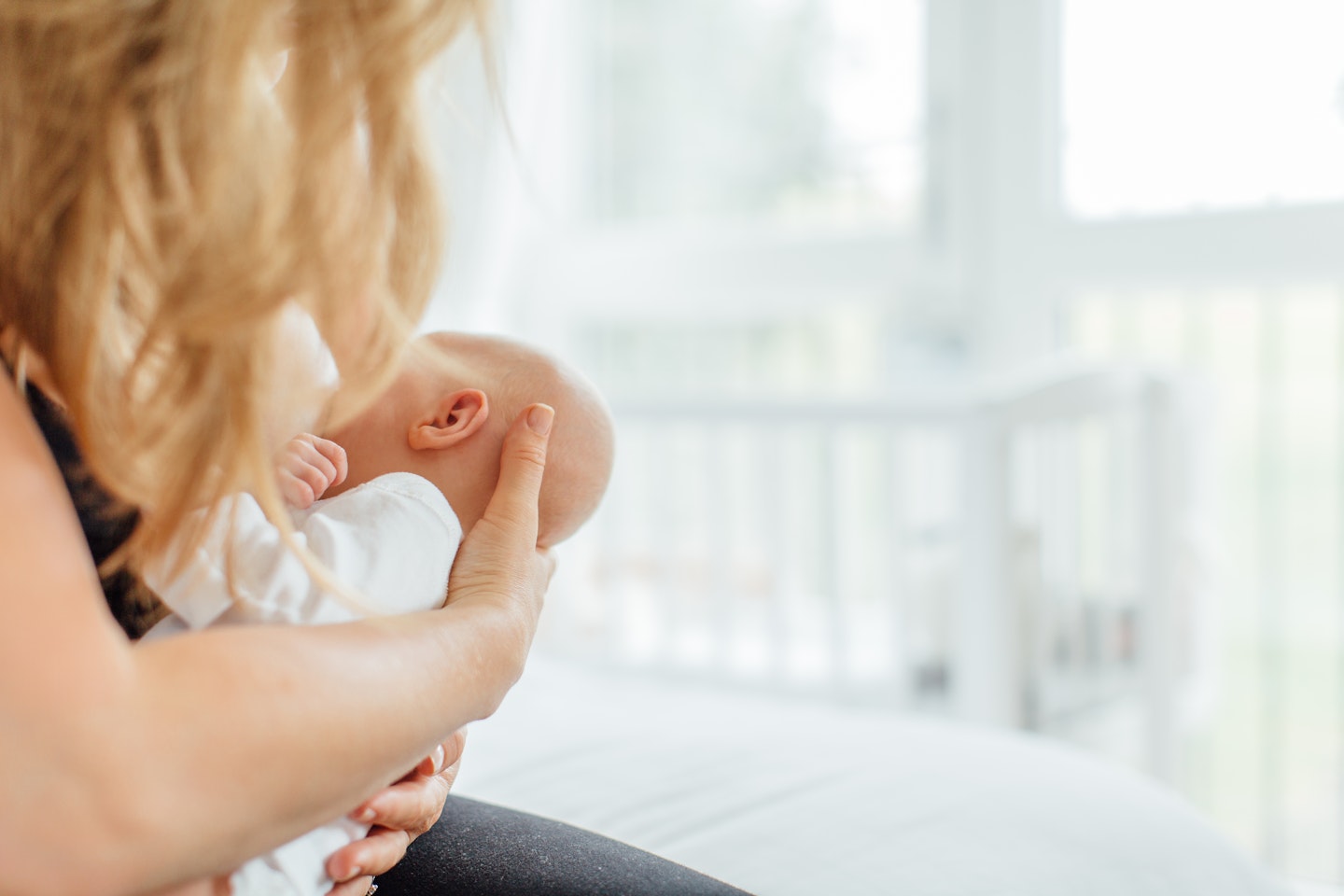
To find out whether any medication is compatible with breastfeeding, check out the free breastfeeding compatibility site,e-lanctancia.The site will let you know if any medication is very high risk, high risk probable, low risk probable, or very low risk. The site suggests that a lot of antidepressants such as Zoloft, Seroxat, Lexapro, Celexa, and Effexor have a very low-risk factor, which is great news for anyone who decides to continue their treatment while breastfeeding. It also states that Prozac and Paxil are both low-risk probable medications. However, check with your doctor before taking any medication while breastfeeding.
Antidepressants During Pregnancy – In Conclusion
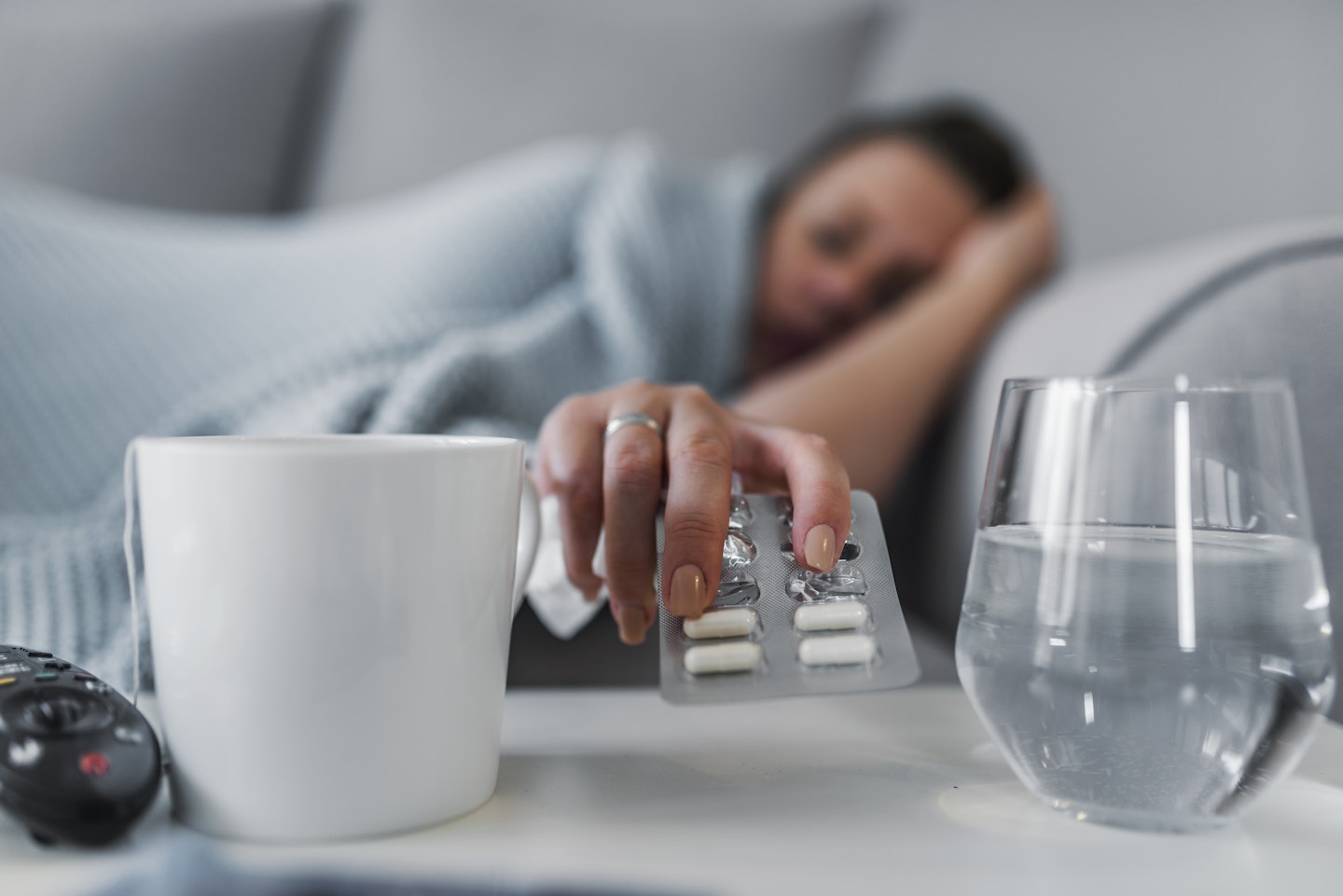
The decision to take antidepressants during pregnancy – or not – is a highly personal one. Sure, there may be side-effects to taking them but maternal depression has also proven harmful to a foetus, so there’s no 100% “safe” choice. Even though themajority of babies are born completely fineif their mother is on antidepressants while pregnant, there are still risks to take into consideration.If you feel that you are stuck between a rock and a hard place on this matter and are petrified of completely coming off antidepressants, perhaps reducing the dose is the best route for you.
It is important to note that a lot of people have successfully come off antidepressants or anti-anxiety medication and have battled their depression or anxiety with therapy and many other holistic methods. If you do not feel that you will be able to quit, don’t feel guilty. You are not alone. The most important thing is to look after yourself. The better your mental health, the better prepared you will be for what motherhood has in store. Happy mama = happy baby. Whichever stage of this antidepressant/pregnancy journey you are at, there are three things you need to do:
1. Speak to your doctors. This includes your OB/GYN, your family doctor, and your psychiatrist (if you don’t have a psychiatrist, it’s highly recommended that you get one especially for this delicate time in your life). They know you and your medical history and can advise on the best route for you personally. Ensure that they all know the situation and are all on the same page about your course of action. You can even ask to be referred to a perinatal psychiatrist who are specialized in this exact area. It is important that you feel comfortable with and have confidence in your health care providers, so if you are not happy with any of them, switch. Having a good relationship with your doctors and feeling that they are readily available to you when you need them can greatly reduce anxiety and stress.
2. Don’t panic. Whether you are trying to have a baby or just found out you are pregnant, don’t worry. Help is readily available. Read up, get all the information you can, and liaise with your doctors to make a well-informed, rounded and calm decision that you are happy with.
3. Speak up. Don’t keep it all inside. Speak up about how you’re feeling and what you’re worried about. Talk to your doctor and family and friends, and find a community of people who can relate, like our #mumtribe on Facebook.Whatever your concerns are, they are justified, and you are not alone. We’re all in this together
Make sure you're following Mother & Baby on Instagramfor relatable memes, inspiring stories and parenting hacks!
Join the club! Introducing our brand, spankin’ new Facebook group called #mumtribe. Simply search ‘#mumtribe’ into the search bar and meet like-minded mums, win gorgeous goodies and have some fun!
For parenting tips, tricks and advice you can trust, click here to download a free digital issue of Mother and Baby magazine.
